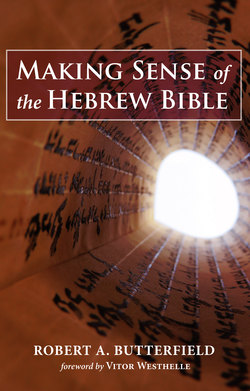Описание книги
Understanding the Hebrew Bible has never been easy. Even great scholars have had to be content with understanding only bits and pieces of it. The main reason was the lack of hard evidence about Israel's history. Without such evidence, one could only guess about why and when a text was written, and if one couldn't really explain even one text, how could one explain the whole collection? Thanks to recent archaeology, however, it is now possible to paint a factually reliable history of Israel and make strong connections between texts and actual events. These connections, in turn, permit one to see structure where previously none was visible. This book is an attempt to offer a concise and, I hope, understandable response to questions that students and parishioners have been asking me for years, such as: Does the Hebrew Bible have a structure? What imagery and motifs form that structure? What is the dominant theology of that structure? Are there competing theologies? How do the most important texts relate to Israel's history? Is Israel's real history different from biblical accounts? Does the Hebrew Bible's structure continue into the New Testament, and if it does, so what?
